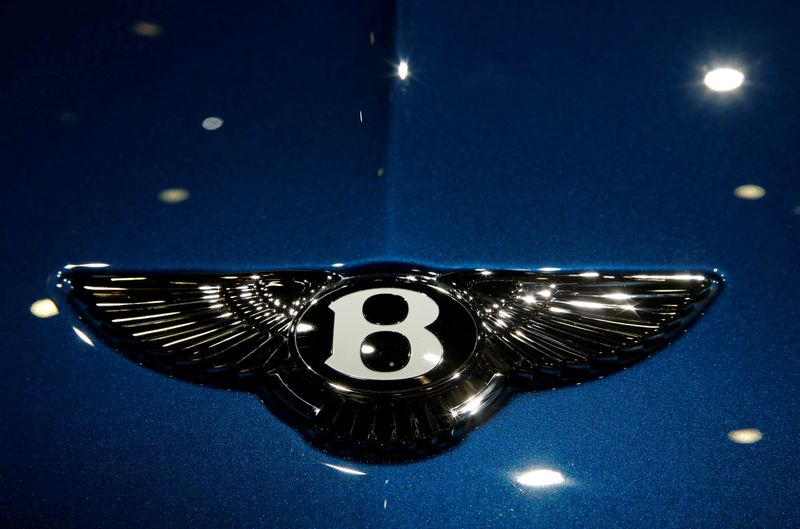FRANKFURT (Reuters) - Bentley, the luxury carmaker owned by Volkswagen (DE:VOWG_p) has booked five Antonov cargo jets to help overcome potential supply bottlenecks in the event of a disorderly exit of Britain from the European Union, the carmaker said on Wednesday.
Car manufacturers are securing additional supply routes as policymakers in Brussels and Westminster seek to strike a deal to determine the future trading relationship with continental Europe after Britain exits the European Union.
Bentley, which makes high end sports cars, buys 90% of its components from continental Europe, and sells around 24% of its cars into Europe, Chief Executive Adrian Hallmark told the Financial Times' Future of the Car summit.
"We have spent two years planning. We have five Antonovs that we have on reserve to fly bodies to Manchester," Hallmark said, adding that in addition to shifting car bodies by air, Bentley has hiked the level of spare parts stored for production.
"We used to run just-in-time with two days stock. Now we have 14 days stock. That's 14 working days, so that's three weeks of stock," he said.
The company has booked additional warehouses and planned new logistics routes in case traditional supply methods are hampered by bottlenecks.
If Britain fails to secure a negotiated trade agreement with European policymakers, Bentley would be able to absorb 10% import tariffs by raising prices and cutting costs. This would be less damaging than supply disruptions.
"It is not existential as long as everything flows. Stopping flows is far more dangerous than Brexit tariffs," Hallmark said, referring to supply bottlenecks.
This year Bentley expects to sell more than 10,000 luxury cars and to reach breakeven, mainly thanks to a rebound in demand in China, Hallmark said.
China sales are up 35% when compared with before the COVID-19 crisis. Sales in Europe and the United States up 15% Hallmark said.

"Overall we are in a position where we will do well over 10,000 sales this year," he said via Webcast. "We are on the cusp of going beyond breakeven."